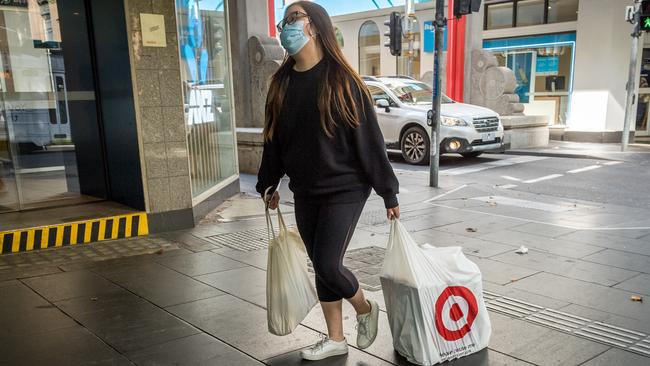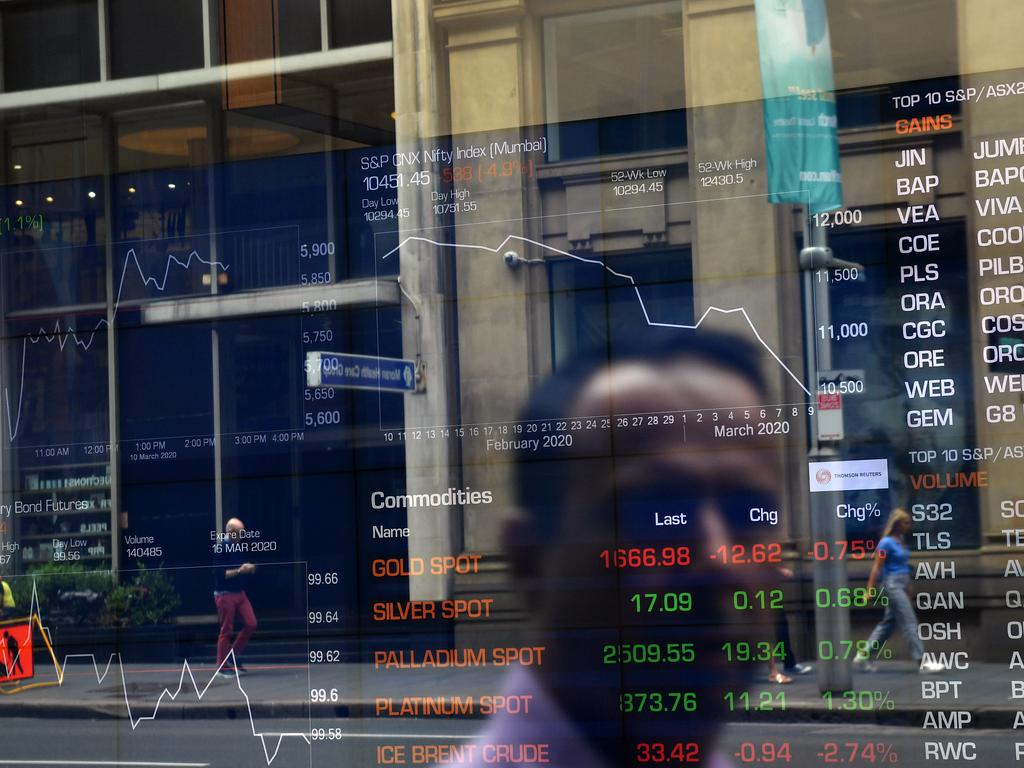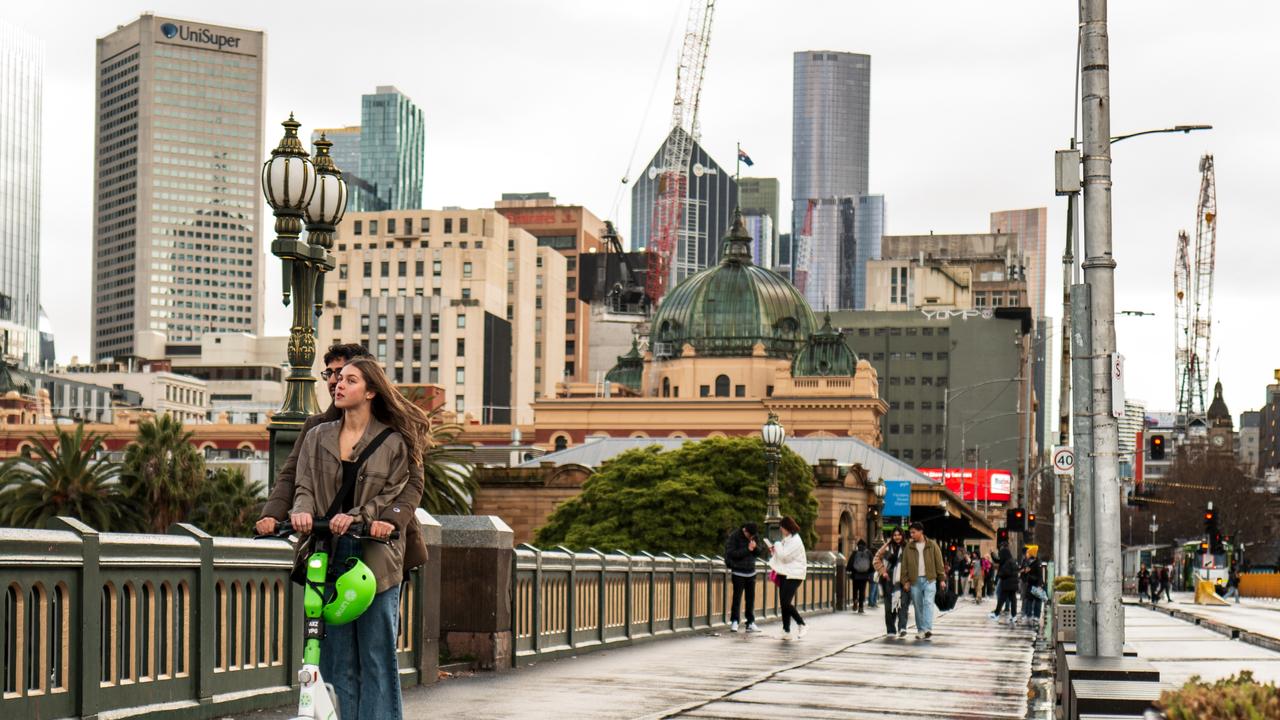Inflation to come, once we’ve saved and started spending again

But later, when we spend our savings in the stores, too much money will be chasing too few goods and services. Inflation will then ensue: inflation is the accepted cost of saving lives.
Today, however, we have the opportunity to insure our portfolios against inflation. All good investments start by being uncomfortable — and investments in property trusts and resources stocks are just that. But remember: investments need to be diversified.
As such, an inflation-sensitive portfolio should contain many companies, including the largest we have. As property trusts mark down their investments, they also become attractive long-term investments.
A future bout of inflation might prove to be the politically acceptable side-effect of today’s experimental economic medicine.
Property trusts, small-cap stocks, and commodities can all be very effective investments to protect against inflation. In terms of property trusts, rental income is often tied to inflation, while small-cap stocks typically grow their revenues when the economy is growing and inflation rising. Commodities, too, move with the economic cycle and therefore tend to rise when inflation is rising.
The Treasury estimates that the economy is running approximately 20 per cent below capacity. Half of this fall-off comes from the shutdown of social activities, global trade and school closures. The other half comes from all of us, nervous about the future, saving more by spending less.
Government support of the unemployed, or the underemployed, makes great sense. People need cash now to pay bills and buy food for themselves and their families.
Capitalism’s Achilles’ heel
We’ve long known capitalism’s Achilles’ heel is the savings paradox. Consumers’ precautionary savings can unintentionally create a spiralling tragic depression.
When a large portion of the population desires to save more, the forgone spending on goods and services leads to people losing their jobs. The newly unemployed cut back on spending, which leads to more job losses, and ultimately less money saved in aggregate.
During the Great Depression in the 1930s, John Maynard Keynes called attention to this phenomenon. Keynes, to the joy of governments everywhere, mandates that deficit spending is the greatest driver of any recovery from a recession.
US economic data provide an early look at the level of precautionary savings, 33 per cent, in April, the first full month of the lockdown. We can expect similar numbers in nations worldwide.
Our government is expected to underpin 16.4 per cent of Australia’s annual GDP with deposits into the bank accounts of Australians and their businesses.
That spend must fill the hole left by the shuttering of the private sector due to COVID-19. But if the government’s largesse is saved and not spent, the result will be equivalent to pushing on a string. Higher saving lowers expenditures and forces sales, and prices fall. It is deflationary.
How will the government fund this extra expenditure? By issuing debt and borrowing from the future. And who will buy this new debt if interest rates stay low? The RBA will, using newly printed money. Money printing is inflationary by definition, eventually. When the central bank rapidly prints a lot more currency and immediately puts it into circulation, more money is chasing the same amount of goods and services.
History teaches us that if government sends large quantities of cash directly to people for too long, inflation results. Inflation will happen, but not immediately. Today, when consumption is weak and the spectre of inflation is distant, what can we do?
Seek investments that give you ownership of so-called real assets, where prices tend to rise with long-term inflation. They tend to perform better during periods of growing inflationary pressures.
The current drawdown in property and commodities has opened up great buying opportunities for both direct holdings of real assets as well as equity-linked investments such as Australian resource stocks, emerging market equities, and property trusts, both locally and globally.
Mike Aked is the director of research for Australia at researchaffiliates.com






Will inflation, the dark dog of economists everywhere, visit us soon? Not as yet, because we must first pass through the current period of precautionary savings.